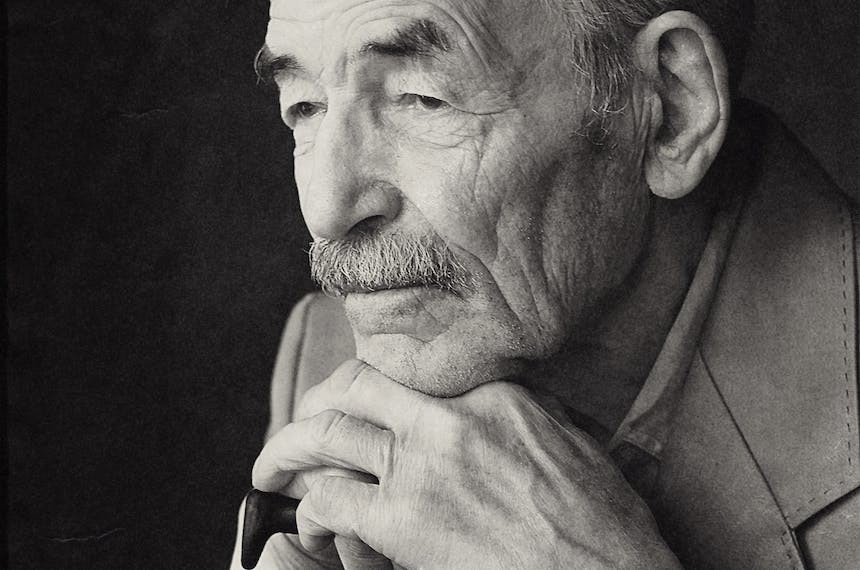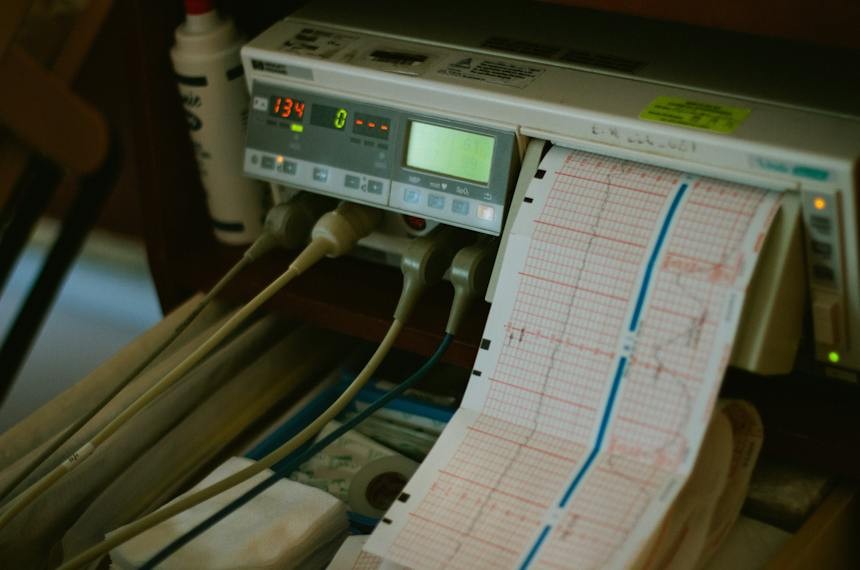
Dopa Responsive Dystonia
Dopa Responsive Dystonia (DRD), resembling juvenile Parkinson's, is effectively treated with Levodopa, typically 100-750 mg daily, either alone or with carbidopa. This treatment provides long-term symptom relief without motor complications. Ineffectiveness of Levodopa warrants reevaluation of the diagnosis.
Overview of Dopa Responsive Dystonia (DRD):
Dopa responsive dystonia (DRD) is also known as Segawa disease. It usually manifests as generalised dystonia in childhood. DRD is difficult to be diagnosed. Its symptoms are very similar to juvenile onset Parkinson disease. However, patients with DRD occasionally experience a diurnal fluctuation in symptoms. Also, Parkinsonism might develop as a late complication. (1, 2, 3, 4)
Treatment of DRD with Levodopa:
Levodopa is dramatically beneficial in DRD. The usual dose is ranging from 100-750 mg daily can eliminate the dystonic symptoms of DRD for an indefinite period of time without causing motor complications. Levodopa can be either used alone or in combination with carbidopa (peripheral decarboxylase inhibitor) at a dose of 25/100 mg to take one-half tablet two to three times daily with meals; similar to its use in Parkinson disease is effective to control DRD. (5, 6)
Considerations for Ineffective Levodopa Treatment:
If levodopa is ineffective, then think about another diagnosis. (4)
References
1-Trender-Gerhard I, Sweeney MG, Schwingenschuh P, et al. Autosomal-dominant GTPCH1-deficient DRD: clinical characteristics and long-term outcome of 34 patients. J Neurol Neurosurg Psychiatry 2009; 80:839.
2-Nygaard TG, Trugman JM, de Yebenes JG, Fahn S. Dopa-responsive dystonia: the spectrum of clinical manifestations in a large North American family. Neurology 1990; 40:66.
3-Tadic V, Kasten M, Brüggemann N, et al. Dopa-responsive dystonia revisited: diagnostic delay, residual signs, and nonmotor signs. Arch Neurol 2012; 69:1558.
4-Jan MM. Misdiagnoses in children with dopa-responsive dystonia. Pediatr Neurol 2004; 31:298.
5-Albanese A, Asmus F, Bhatia KP, et al. EFNS guidelines on diagnosis and treatment of primary dystonias. Eur J Neurol 2011; 18:5.
6-Hwang WJ, Calne DB, Tsui JK, de la Fuente-Fernández R. The long-term response to levodopa in dopa-responsive dystonia. Parkinsonism Relat Disord 2001; 8:1.





